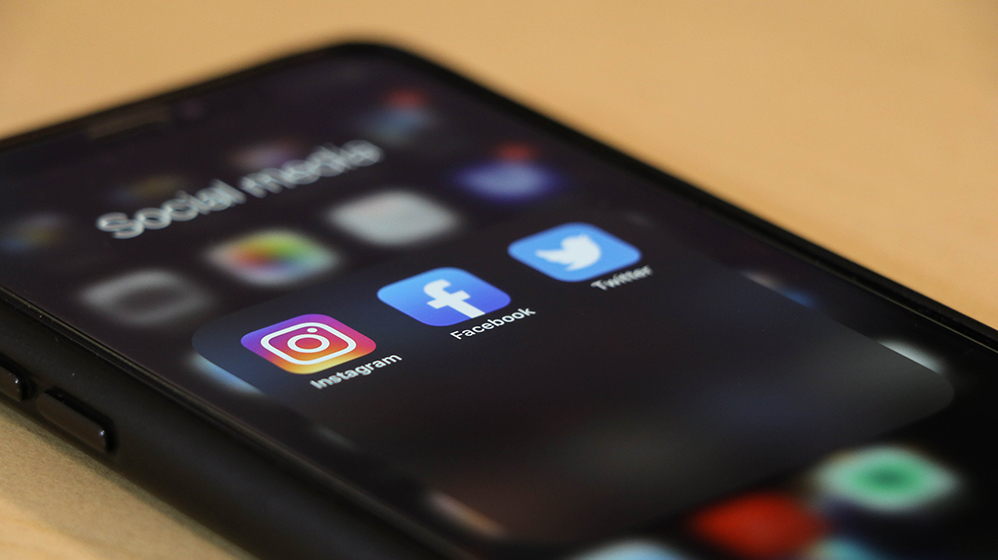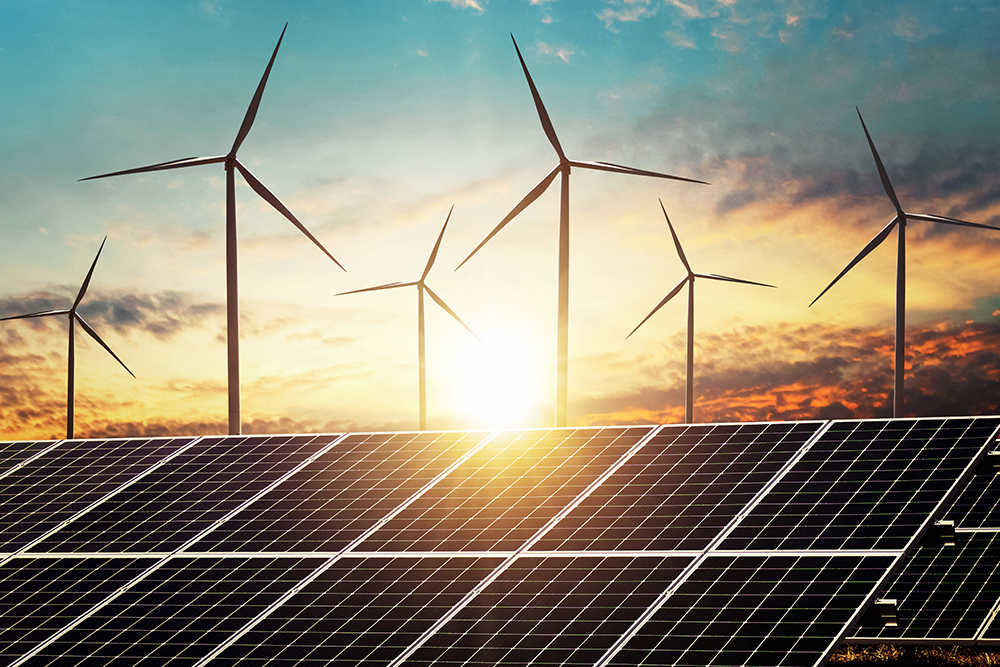The U.S. Supreme Court has agreed, in its coming session, to hear an appeal in the case of Gonzalez v. Google. The case deals with one aspect of “the 26 words that created the internet” — Section 230 of the Communications Decency Act.
As is usually the case when Section 230 comes up, the pundit-media industrial complex goes into overdrive describing Section 230 as a “liability shield” that provides “immunity” for Big Tech. It isn’t a “liability shield,” nor does it provide “immunity,” except in the sense that you neither are “liable” for nor need “immunity” from prosecution over a crime you didn’t commit.
Here are the “26 words” in question:
“No provider or user of an interactive computer service shall be treated as the publisher or speaker of any information provided by another information content provider.”
The important thing to understand about those 26 words is that they should have been condensed to 23 words that say the same thing:
“No provider or user of an interactive computer service IS the publisher or speaker of any information published or spoken by someone else.”
Today’s internet thrives on self-publishing platforms — social media like Twitter and Facebook, commenting services like Disqus, blog platforms like WordPress.
Those platforms are analogous to printing presses, which can be used by anyone to print anything, and are not analogous to newspapers or magazines where an editor pre-selects what content gets published.
If I sell you a hammer, I’m not the one who beats your spouse to death with it. If I sell you a car, I’m not the one who gets drunk and rams it into a tree. If I give you a printing press, I’m not the one who uses it to publish a Ku Klux Klan tract or a stack of revenge porn flyers.
Gonzalez v. Google takes that obvious fact of reality a little far afield. It’s not about who published what, but about Google subsidiary YouTube’s “recommendation algorithm.” The plaintiffs assert that because YouTube’s algorithm recommended recruitment videos for the Islamic State to viewers, Google is responsible for that organization’s 2015 terror attacks in Paris (in which a relative of the plaintiffs was killed).
But YouTube didn’t publish those videos. They just made a video “printing press” available to all comers, then used an algorithm to recommend videos particular viewers might be interested in watching. The makers of the videos made the videos. The people who were interested in the videos watched — and may have acted in response to — the videos.
Yes, YouTube helped make that possible but only in the same sense that a magazine running an ad for chain saws helps make it possible for some nitwit to bring a tree down on your house.
Attempting to unmake reality by repealing or undoing the effect of Section 230 won’t stop terrorism. It won’t keep us safe. It will just make us easier to muzzle.
The lower courts were correct in ruling against the Gonzalez v. Google plaintiffs. The Supreme Court should likewise recognize reality and put this vexatious lawsuit out of its misery.
Thomas L. Knapp (Twitter: @thomaslknapp) is director and senior news analyst at the William Lloyd Garrison Center for Libertarian Advocacy Journalism (thegarrisoncenter.org). He lives and works in north central Florida.

